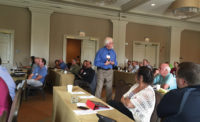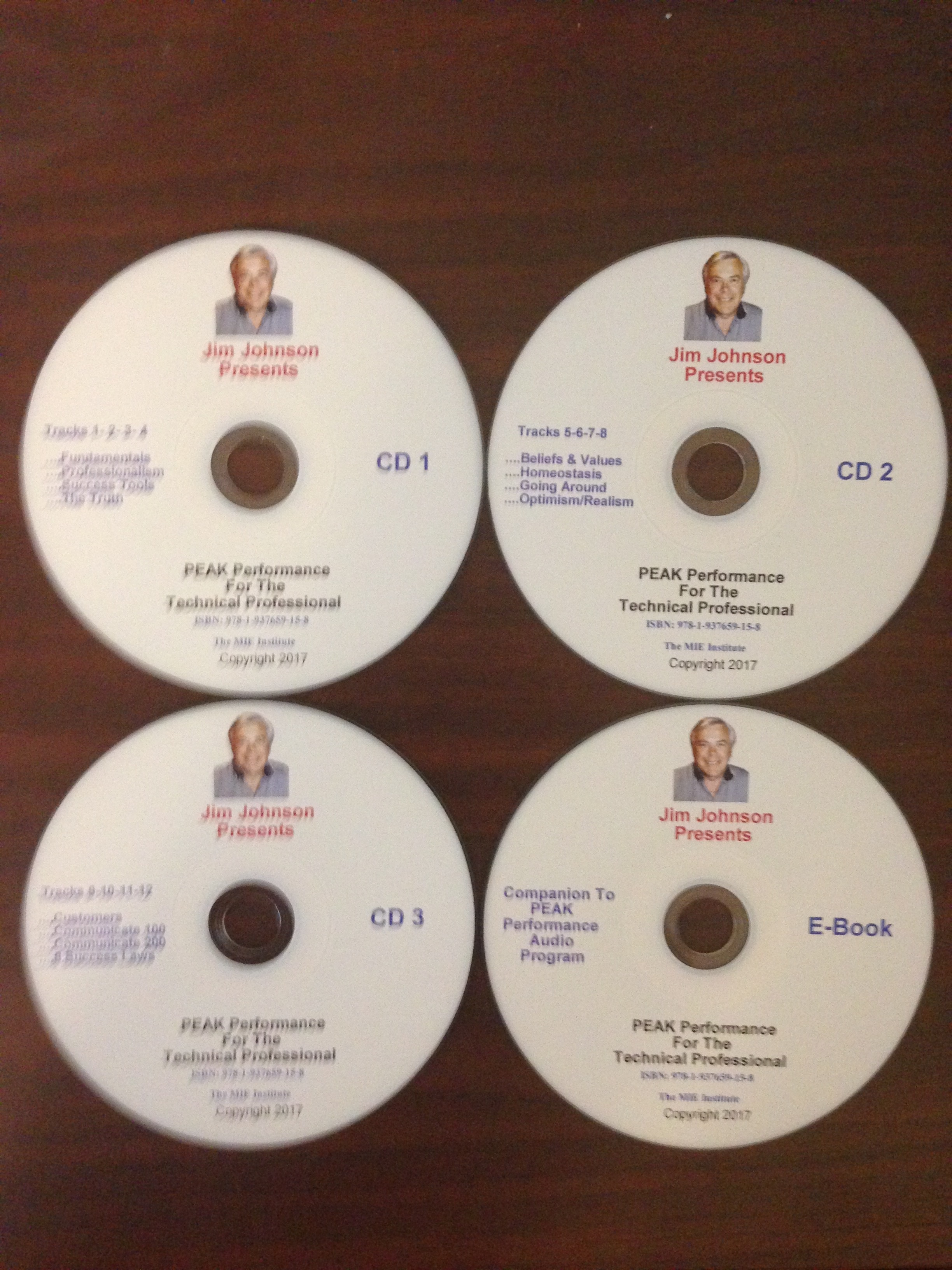The aroma was leadership, and the main course was a cast of experts who shared advice with HARDI members and provided an overview of topics that could help them become more effective leaders at its Strategic Leadership Conference Oct. 2-4 in Newport, Rhode Island. The following is an overview of who presented and what they shared.
Beth Ziesenis
A Day in the Life of a Nerdy HARDI Official
Beth Ziesenis is all about the world of apps. A self-proclaimed geek guru, she was the lead-off speaker, emphasizing what we are gradually accepting: Apps are both powerful and laced with advantages. Indeed, I was privy to a marketing meeting as savvy prognosticators discussed the next wave in marketing. One expert told me, “It’s all about apps.” After listening to Ziesenis, you could become a believer. She reviewed dozens of apps and then explained their specific benefits from the ability to record a teleconference (Zoom) to relationships (Nimble).
No session seemed to have more chatter afterward, as attendees discussed which app fit their needs or how many they downloaded even before the session ended. (A confession: I downloaded Zoom and Fancy Hands.)
Jon Melchi & Pam Krivda
Politics & Policy: Big Changes Could Have Big Consequences
Could anyone have any doubt about the importance of government and impending labor-related issues after listening to these two speakers?
HARDI Vice President of Government Affairs and Business Development Jon Melchi provided an overview of the regulatory issues facing distributors. The timing was particularly fortuitous. As Melchi explained, there has been a flurry of legislation activity before President Obama’s lame-duck session. His first slide, “I’m from the government & I’m here to help?” drew an immediate reaction from the audience.
No one missed the irony of the message, and Melchi pointedly told the participants that continued vigilance was the price for protecting or at least ameliorating the intrusion of government, especially via legislation, into their business. He spoke about resolutions that HARDI is watching (including SNAP and Dry-Change) and legislative priorities that include a repeal of the estate tax, the preservation of LIFO, and the avoidance of online sales tax.
He explained how wholesalers could make a difference by urging employees to vote and educating them on issues that could affect them. He also suggested that members should participate in HARDI’s statistical promotions, attend the Fly-in in April, and join HARDIPAC.
Melchi concluded on a fitting note: “While there has been so much attention paid to the election, it is important to remember that there is a government that is still operating and proposals moving forward that could have a major impact on our industry. From well-publicized proposals for amending the Montreal Protocol to phasing down HFCs to finalizing the furnace efficiency standards, to drastic changes in the way we value our businesses, we need to remain focused through the end of the year.”
Pam Krivda, a highly regarded attorney specializing in employment and labor relations matters, tackled the massive question of how to deal with labor-and employee-related issues. It took a 47-slide PowerPoint presentation covering the U.S. Department of Labor and the Fair Labor Standards Act to provide the outline for her comments. Her presentation reviewed issues ranging from the IRS definition of an independent contractor to Occupational Safety and Health Administration restroom policy and procedures that should appear in an employee handbook. The upshot is that you had better have an attorney and human resources person (if you’re large enough) to give you directions as you confront the employment regulatory maze.
Bruce Tulgan
Fight the Under-management Epidemic
Top-gun management expert Bruce Tulgan was the dynamic speaker at the event with a blue-chip client list and myth-buster comments as he focused on how not only to be a better leader but a more engaged manager. The key is to institute procedures that require everyone to get into “the habit of giving an account of their performance on a regular basis.”
Tulgan insists you must:
- Clarify expectations every step of the way;
- Solve small problems before they turn into big problems every step of the way; and
- Link rewards with performance whenever possible, every step of the way.
Paul Hunt
How to Transform Profitability through Improved Pricing
Everyone appears to nod knowingly about the importance of pricing, yet Paul Hunt believes that pricing never gets the attention it deserves, given its the impact on the bottom line. He views pricing as a strategic partner, which occurs only if you ask these relevant questions: How does pricing strategy reflect the organization’s priorities? How does pricing fit into the overall governance model? What are invention implications, and how is the market changing from a sales and marketing perspective? Threaded throughout Hunt’s presentation was a persistent suggestion: that pricing changes would meet with resistance, and unless top management convinced everyone the company would adhere to the new policies, it would be either stillborn or simply lack the punch to make as successful as possible.
Talbot Gee
The Questions I’d be Asking If I Were on Your Board
HARDI CEO Talbot Gee closed out the conference with a blunt assessment of the hard questions wholesalers need to ask about their operations if they are both to survive and weather challenges in the future. While Gee leads the HARDI association, he also serves on the board of the National Association of Wholesaler-Distributors, giving him a broad and strategic perspective of the challenges his membership faces. He urged attendees to build value for their business and to their customers so that they would be less vulnerable if the business tide turns. He offered a real-world perspective that every wholesaler should consider (see sidebar above).
HARDI CEO Talbot Gee Shares Strategic Advice for Wholesalers
- In order to compete with the largest, best capitalized e-commerce competitors, distributors are investing huge amounts of time and money to advance their e-commerce and digital and mobile marketing capabilities.
- Absent a common standard for product attributes, entirely too much of that investment is being focused on data management and formatting rather than advanced capabilities of data themselves.
- Manufacturers are expressing frustration with distribution because they have to comply with multiple file formats, thereby losing any efficiencies and presumably adding cost to their wholesale channel.
- HARDI’s goal is to create a common attribute standard to make distributors easier to do business with for their major vendors while enhancing their abilities to service customers through online and mobile platforms — all at a significantly lower cost than each distributor having to start from scratch.
- Other industries have seen that defining and adopting standards for the market to gravitate toward would accelerate the achievement of market efficiencies and reduce the risks associated with ERP investment decisions for HARDI members.










